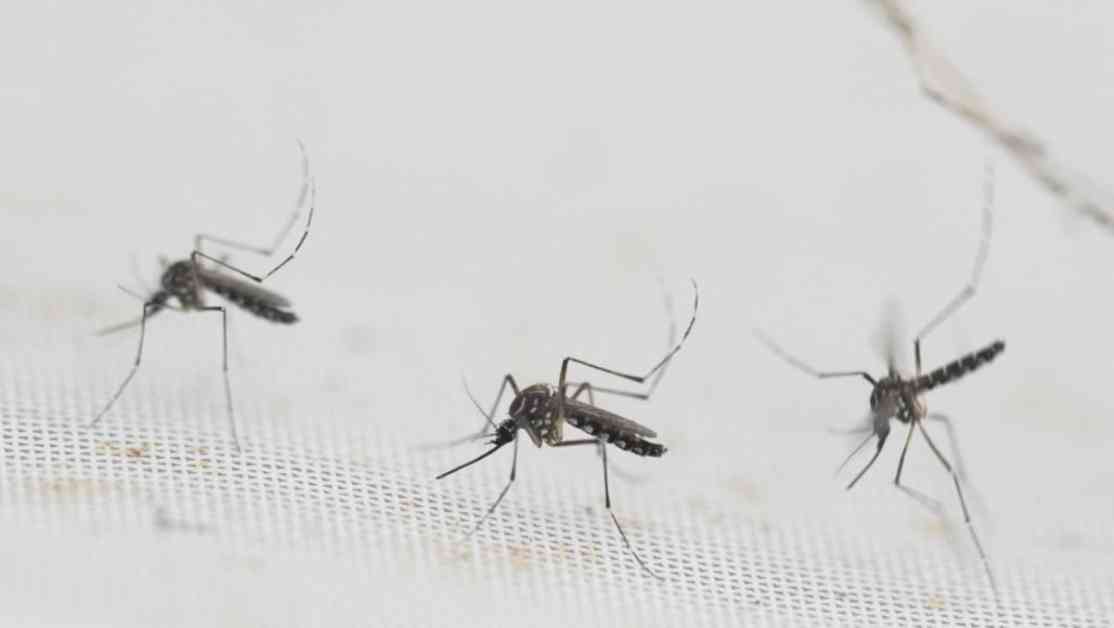Singapore: Dengue outbreaks in 2023 and 2024 were successfully averted, according to the National Environment Agency (NEA). The agency highlighted the importance of remaining vigilant to prevent a potential surge in cases this year. As of now, close to 2,000 dengue cases have been reported in 2025, showing a significant decrease of 74% compared to the same period last year. NEA also noted that this number is notably lower than the cases reported in 2023 and 2024. However, two deaths related to local dengue infection have been reported as of May 15.
Vigilance Urged Amid High Dengue Risk Factors
Despite the decrease in cases, NEA emphasized the need for continued vigilance as dengue risk factors remain high in Singapore. The agency pointed out that Singapore’s low population immunity, coupled with the global rise in dengue cases, makes the local population vulnerable to dengue transmission. If insufficient action is taken to address these risk factors, there is a possibility of an increase in dengue cases. NEA highlighted that the warmer months from May to October typically see higher dengue transmission due to the accelerated development of the Aedes mosquito vector and the rapid multiplication of the dengue virus in mosquitoes.
Preventive Measures and National Dengue Prevention Campaign 2025
To combat the spread of dengue, NEA stressed the importance of practicing the B-L-O-C-K steps to suppress the Aedes mosquito population and the S-A-W actions to prevent mosquito bites and minimize the risk of disease transmission. The National Dengue Prevention Campaign 2025, launched recently, aims to raise awareness about dengue prevention as a social responsibility. The campaign includes ground outreach efforts such as house visits in dengue cluster areas and areas with high Aedes aegypti mosquito populations. Additionally, nationwide outreach activities will be conducted over at least three months to sustain awareness during the peak dengue season.
Project Wolbachia and Efforts to Control Dengue
NEA credited the success in averting large dengue outbreaks in 2023 and 2024 to strong community vigilance against breeding and innovative initiatives like Project Wolbachia. The project involves releasing male Aedes aegypti mosquitoes carrying the Wolbachia bacteria to mate with female Aedes mosquitoes, preventing the hatching of eggs. Studies have shown that Project Wolbachia has significantly reduced the risk of contracting dengue at release sites and adjacent areas. By the end of 2026, NEA aims to extend the project’s benefits to 800,000 households in Singapore. The agency also plans to trial the use of Wolbachia-Aedes mosquitoes in dengue clusters to supplement traditional control operations.
In conclusion, the efforts to prevent dengue in Singapore have shown promising results, with a significant decrease in cases compared to previous years. However, the need for continued vigilance and proactive measures remains crucial in combating the threat of dengue transmission. Through initiatives like Project Wolbachia and the National Dengue Prevention Campaign, Singapore is taking steps to control the spread of dengue and protect public health. Stay tuned for more updates on the fight against dengue in Singapore.


























